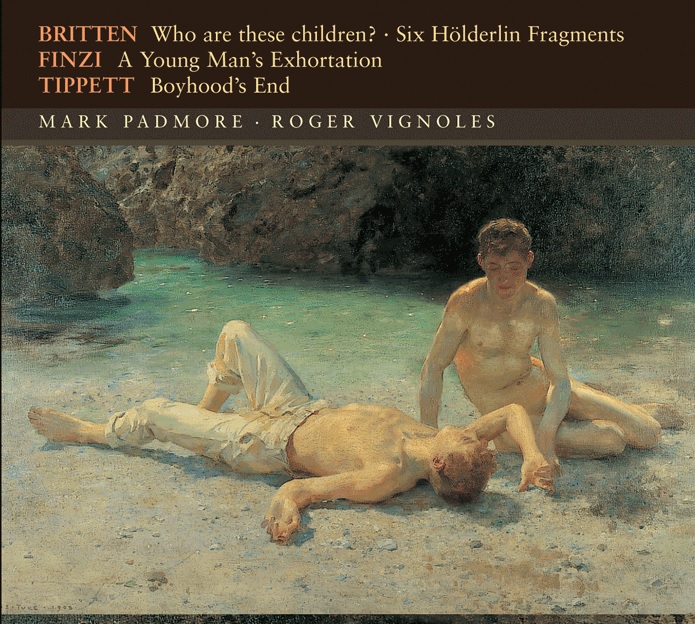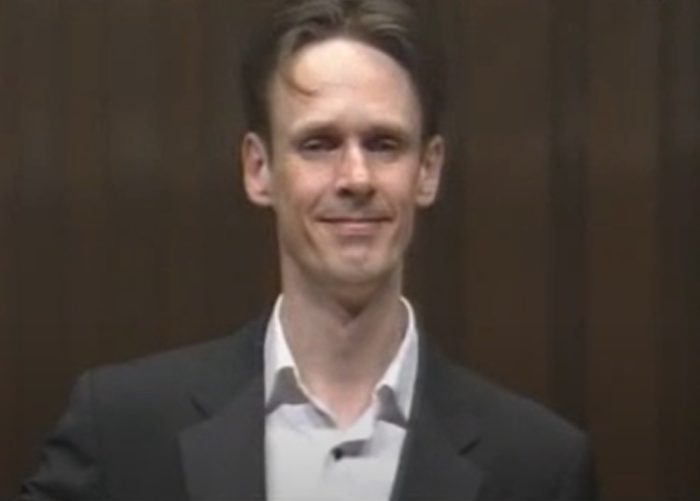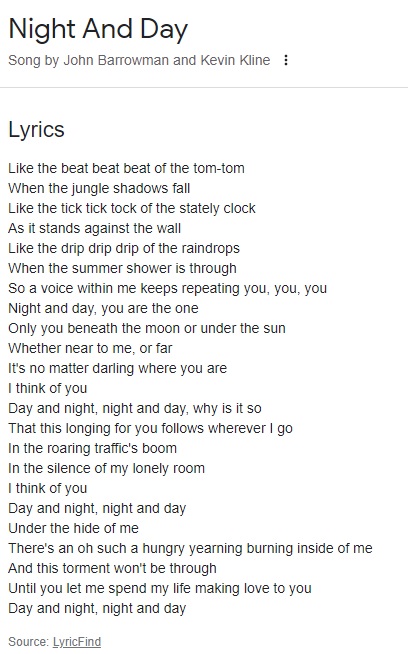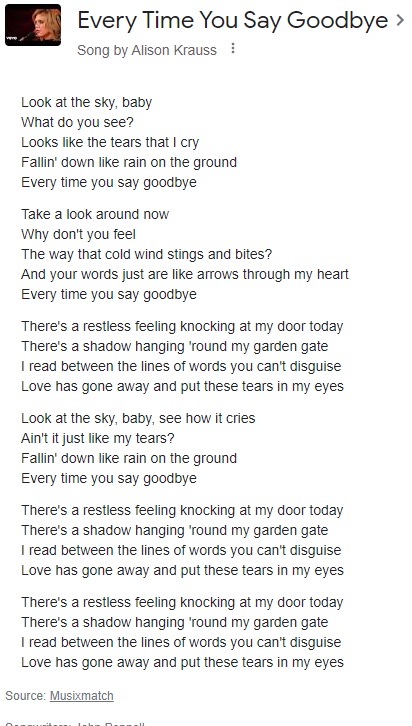(1) Who are these children (2)Winter Words (3) ひとりだけの旅 ほか
素敵なIan Bostridgeの歌声を聴く午後に・・・
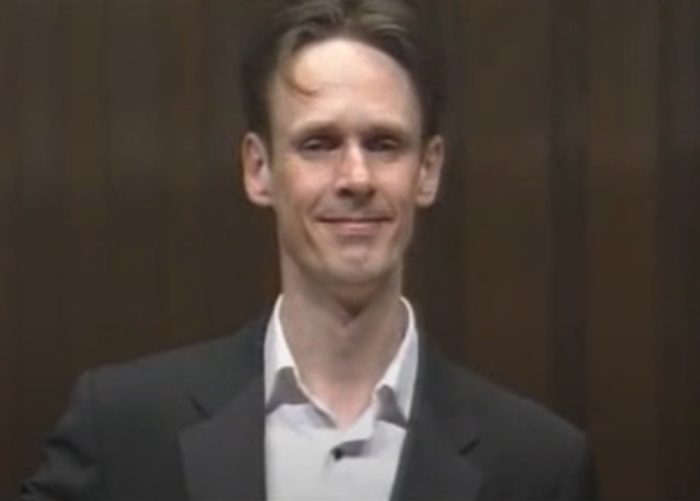
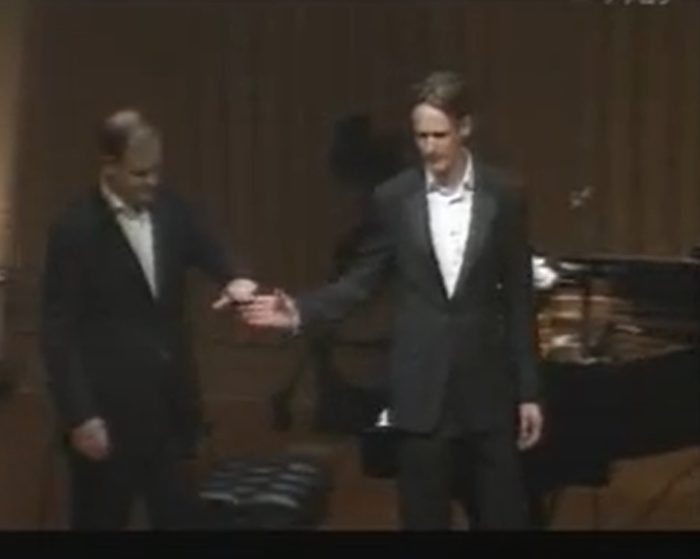
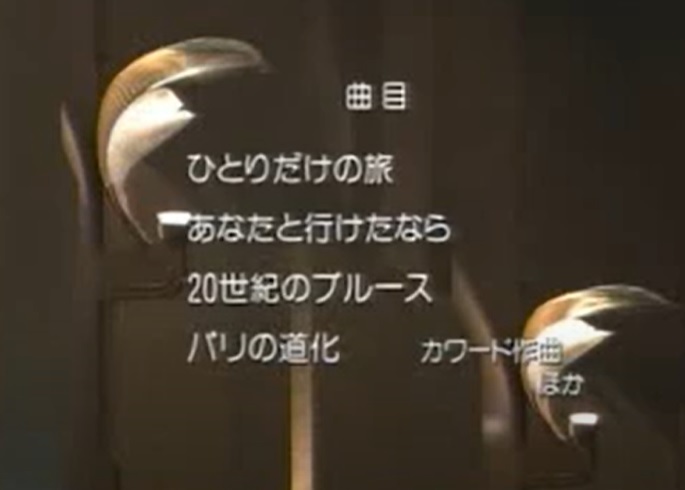

Who are these children? Op 84
composer Benjamin Britten (1913-1976) author of text William Soutar (1898-1943)
- Ⅰ悪夢
- Ⅱ殺りく
- Ⅲこの子らは誰?
- Ⅳ子供たち
“Nightmare”
The tree stood flowering in a dream:
Beside the tree a dark shape bowed:
As lightning glittered the axe-gleam
Across the wound in the broken wood.
The tree cried out with human cries:
From its deepening hurt the blood ran:
The branches flowered with children’s eyes
And the dark murderer was a man.
There came a fear which sighed aloud;
And with its fear the dream-world woke:
Yet in the day the tree still stood
Bleeding beneath the axe-man’s stroke.
“Slaughter”
Within the violence of the storm
The wise men are made dumb:
Young bones are hollowed by the worm;
The babe dies in the womb.
Above the lover’s mouth is pressed
The silence of a stone:
Fate rides upon an iron beast
And tramples cities down.
And shall the multitudinous grave
Our enmity inter;
These dungeons of misrule enslave
Our bitterness and fear?
All are the conquered; and in vain
The laurel binds the brow:
The phantoms of the dead remain
And from our faces show.
William Soutar (1898-1943)
William Soutar (1898-1943)
“Who are these children”
With easy hands upon the rein,
And hounds at their horses’ feet,
The ladies and the gentlemen
Ride through the village street.
Brightness of blood upon the coats
And on the women’s lips:
Brightness of silver at the throats
And on the hunting whips.
Is there a dale more calm, more green
Under this morning hour;
A scene more alien than this scene
Within a world at war?
Who are these children gathered here
Out of the fire and smoke
That with remembering faces stare
Upon the foxing folk?
William Soutar (1898-1943)
Upon the street they lie
Beside the broken stone:
The blood of children stares from the broken stone.
Death came out of the sky
In the bright afternoon:
Darkness slanted over the bright afternoon.
Again the sky is clear
But upon earth a stain:
The earth is darkened with a darkening stain:
A wound which everywhere
Corrupts the hearts of men:
The blood of children corrupts the hearts of men.
Silence is in the air:
The stars move to their places:
Silent and serene the stars move to their places:
But from earth the children stare
With blind and fearful faces:
And our charity is in the children’s faces.
William Soutar (1898-1943

冬のことば
| Winter Words Op.52 | 冬の言葉 冬のことば |
詩: ハーディ (Thomas Hardy,1840-1928) イングランド
| 1 At Day-Close in November | 1 十一月のたそがれ |
| The ten hours’ light is abating, And a late bird wings across, Where the pines,like waltzers waiting, Give their black heads a toss. Beech leaves,that yellow the noon-time, Float past like specks in the eye; I set every tree in my June time, And now they obscure the sky. And the children who ramble through here Conceive that there never has been A time when no tall trees grew here, That none will in time be seen. | 十時間の昼の光も今や弱まって 帰りそびれた鳥が羽ばたいて通り過ぎる 松の木々が ワルツの順番待ちの踊り手のように 黒い頭を揺り動かしている ブナの葉は 昼時には黄色に染まっていたが 漂い通り過ぎて行く 目の中のしみのように この木々は わが人生の六月に椊えたものだ 今やそれがこの空を覆っている このあたりを歩き回る子供たちは 思い込んでいる 決してなかったのだと ここに高い木々が生えていなかった時など そしてやがて何も見えなくなることも思いもせずに |
| 2 Midnight on the Great Western | 2 真夜中の大西部鉄道 グレート・ウェスタンの真夜中 |
| In the third-class seat sat the journeying boy, And the roof-lamp’s oily flame Played down on his listless form and face, Bewrapt past knowing to what he was going, Or whence he came. In the band of his hat the journeying boy Had a ticket stuck; and a string Around his neck bore the key of his box, That twinkled gleams of the lamp’s sad beams Like a living thing. What past can be yours,O journeying boy Towards a world unknown, Who calmly,as if incurious quite On all at stake,can undertake This plunge alone? Knows your soul a sphere,O journeying boy, Our rude realms far above, Whence with spacious vision you mark and mete This region of sin that you find you in, But are not of? | 三等車の座席に旅する少年が座っていた 天井のランプの油の炎が 彼の物憂げな姿や顔の上で揺らめいている だれが知るというのか 彼がどこへ行くのか そしてどこから来たのかを? 帽子のバンドに その旅する少年は 切符を挟んでいた そして紐に 彼のスーツケースの鍵を付けて首にかけていた ランプの悲しげな光線のちらつく輝きは まるで生き物のようだった いったいどんな過去がお前のものであったのか おお旅する少年よ 見知らぬ世界へと向かって行く こんなにも穏やかに まるで人ごとのように こんな賭けに たったひとりで飛び込むとは? お前の魂はあの天球を知っているのだな 旅する少年よ 我らの粗野な世界のはるか上にあって そこからお前が広大な視野で見下ろし 測っているところ この罪に満ちたこの世を お前がたまたま居るけれども お前はその一員ではないこの世のことを |
| 3 Wagtail and Baby | 3 セキレイと赤ん坊 せきれいと赤ん坊 |
| A baby watched a ford,whereto A wagtail came for drinking; A blaring bull went wading through, The wagtail showed no shrinking. A stallion splashed his way across, The birdie nearly sinking; He gave his plumes a twitch and toss, And held his own unblinking. Next saw the baby round the spot A mongrel slowly slinking; The wagtail gazed,but faltered not In dip and sip and prinking. A perfect gentleman then neared; The wagtail,in a winking, With terror rose and disappeared; The baby fell a-thinking. | ひとりの赤ん坊が浅瀬を見ていた そこに 一羽のセキレイが水飲みにやってきた モウモウ鳴く雄牛が横切って行ったが セキレイは驚いた様子は見せなかった 種馬がしぶきを上げて駆け抜けて行った 小鳥はほとんど沈みそうになったが 羽根を上下にぴくつかせて たじろぐこともなかった 次にその赤ん坊は見た あたりを 雑種の犬がそっと忍び歩いているのを セキレイはじっと見つめたが ためらうことはなかった 水に浸かり 水を飲み 羽根つくろいすることを ひとりの完璧な紳士がそこへやってきた セキレイはあっという間に 恐れおののいて舞い上がり 姿を消した 赤ん坊は考え込んで倒れてしまった |
| ▲(歌なし)4 The little old table | 4 小さな古い書き机 |
| Creak,little wood thing,creak, When I touch you with elbow or knee; That is the way you speak Of one who gave you to me! You,little table,she brought – Brought me with her own hand, As she looked at me with a thought That I did not understand. – Whoever owns it anon, And hears it,will never know What a history hangs upon This creak from long ago. | きしめ 小さな木製の奴よ きしめ 私がお前を肘や膝でさわった時には それがお前の語り口なのだから お前を私にくれた人のことを話す お前 机よ 彼女が持って来た- 運んできてくれたのだ 彼女自身の手で その時彼女は私を見た ある考えを持って 私には理解できなかった考えを -いつかこれが誰か他の人のものになって 彼がこの音を聞いても 分からないだろう どんな歴史が纏わりついているのかは ずっと昔からの このきしみには |
| 5 The choirmaster’s burial | 5 聖歌隊長の葬礼 聖歌隊指揮者の葬式 |
| He often would ask us That,when he died, After playing so many To their last rest, If out of us any Should here abide, And it would not task us, We would with our lutes Play over him By his grave-brim The psalm he liked best – The one whose sense suits “Mount Ephraim” – And perhaps we should seem To him,in Death’s dream, Like the seraphim. As soon as I knew That his spirit was gone I thoguht this his due, And spoke thereupon. “I think,” said the vicar, “A read service quicker Than viols out-of-doors In these frosts and hoars. That old-fashioned way Requires a fine day, And it seems to me It had better not be.” Hence,that afternoon, Though never knew he That his wish could not be, To get through it faster They buried the master Without any tune. But ’twas said that,when At the dead of next night The vicar looked out, There struck on his ken Thronged roundabout, Where the frost was graying The headstoned grass, A band all in white Like the saints in church-glass, Singing and playing The ancient stave By the choirmaster’s grave. Such the tenor man told When he had grown old. | 彼はよく俺たちに頼んだものだ 自分が死んだら 今までこんなに大勢の人のために 演奏してきたのだから 彼らの最後の安息のために だからもしお前たちの中で誰かが ここに生き残っていたなら そしてそれが面倒でなかったのなら 俺たちのリュートを 遺骸の上で奏でてはくれないかと 自分の墓のそばで 一番好きだった讃美歌 中身もその場にふさわしい 「エフレイムの山《を そうしてくれれば俺たちの姿が自分には 死の夢の中で 大天使様のように見えるのだろうからと そういうわけで俺が知った時には 彼の魂が昇天したことを 俺は思った 彼の願いは叶えられるべきだと だからそう俺は言ったんだ 「私が思うに《 牧師様はおっしゃった 「朗読の礼拝の方がずっと早いですよ 外でヴィオールを弾くよりも こんな霜の降りた寒さの中でね そういう古いやり方は 晴れた日でないとできませんよ 私にはそれは やめておいた方が良いように思えます《と そんなわけで その日の午後 彼には決して知る由もなかったのだけれど 自分の願いが叶えられなかったことなどは 手早く終えるために 皆で楽隊長を埋葬したのだ 音楽の調べひとつなく だがその後 こんな話があった 次の日の真夜中 牧師様が外を眺めると 彼の目に入ってきたのは ぐるっと取り巻いている姿 霜が灰色にしているところ 墓石のあるところの芝を灰色に 白い衣を纏った一団が まるで教会のステンドグラスに描かれた 聖者様のように 歌い 奏でている姿だった 昔の曲を 聖歌隊長の墓の傍らで そんな風にあのテナー歌手は語った 彼が年老いた時に |
| 6 Proud songsters | 6 誇り高き歌い手たち いばった歌い手たち |
| The thrushes sing as the sun is going, And the finches whistle in ones and pairs, And as it gets dark loud nightingales In bushes Pipe,as they can when April wears, As if all Time were theirs. These are brand-new birds of twelve-months’ growing, Which a year ago,or less than twain, No finches were,nor nightingales, Nor thrushes, But only particles of grain, And earth,and air,and rain. | ツグミたちは歌う 太陽が沈みゆく時に フィンチたちも囀る 独りで あるいは番いで そして暗くなれば 声高きナイチンゲールが 茂みの中で 笛を吹き鳴らすのだ 四月が過ぎ去ろうとする今 まるで全ての時が自分たちのものであるかのように これらの鳥たちは新しい鳥たちだ この十二ヶ月の間に育った 一年前には 少なくとも二年経たない前には フィンチもおらず ナイチンゲールもおらず ツグミもいなかったのだ ただ穀物の粒だけがあった そして大地と 大気と雨だけが |
| 7 At the railway station,Upway | 7 アップウェイの停車場で 停車場で |
| “There is not much that I can do, For I’ve no money that’s quite my own!” Spoke up the pitying child – A little boy with a violin At the station before the train came in,- “But I can play my fiddle to you, And a nice one ’tis,and good in tone!” The man in the handcuffs smiled; The constable looked,and he smiled,too, As the fiddle began to twang; And the man in the handcuffs suddenly sang With grimful glee: “This life so free Is the thing for me!” And the constable smiled,and said no word, As if unconscious of what he heard; And so they went on till the train came in – The convict,and boy with the violin. | 「ぼくにできることは何もないんだ だって自分で使えるお金が全然ないんだから《 同情したその子どもは声を張り上げた ヴァイオリンを持った小さな男の子が 列車がやって来る前の停車場で 「だけどぼく ヴァイオリンなら弾いてあげられるよ すてきな曲をね 音もきれいさ!《 手錠を掛けられていた男は微笑んだ 警官はそれを見たが 彼もまた微笑んだ ヴァイオリンが音を立て始めた時に すると手錠を掛けられた男は突然歌い始めた 厳然とした陽気さで 「この自由な人生は 俺のためのものだ!《 警官は微笑んで何も言わなかった まるで自分の聞いたことに全く気が付かなかったように こうして彼らは列車が入って来るまで続けていた- 囚人とヴァイオリンを持った少年は |
| ▲8 Before life and after | 8 生命の前と後 |
| A time there was – as one may guess And as,indeed,earth’s testimonies tell – Before the birth of consciousness, When all went well. None suffered sickness,love,or loss, None knew regret,starved hope,or heart-burnings; None cared whatever crash or cross Brought wrack to things. If something ceased,no tongue bewailed, If something winced and waned,no heart was wrung; If brightness dimmed,and dark prevailed, No sense was stung. But the disease of feeling germed, And primal rightness took the tinct of wrong; Ere nescience shall be reaffirmed How long,how long? | そんな時代があった 皆が想像するように そしてまた きっと この世の教えが述べているように 意識というものが生まれる前に すべてがうまくいっていた時が 誰も苦しまなかったのだ 病に、愛に 喪失に 誰も知らなかったのだ 後悔を 飢えた希望を 嫉妬を 誰も気にかけなかった いかなる破壊や試練が 物事を破滅へと導こうとも もし何かが終わっても 誰の舌も嘆きを発することなく もし何かがたじろぎ衰えても 誰の心も痛まなかった もし明るさが衰え 闇が広がっても 誰の感覚も刺されることはなかった だが 感情という病が発生して 当初の正義は悪の色に染まってしまった あの無垢さが再び認められるようになるまでには あとどのくらい どのくらいかかるのか? |

ひとりだけの旅
「パリの道化」
6/あなたと行けたなら
20世紀のブルース
「パリの道化」
7/夜も昼も
いつもさよならを

